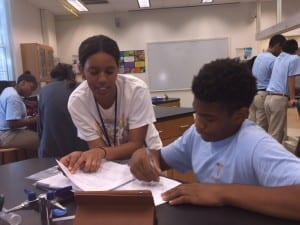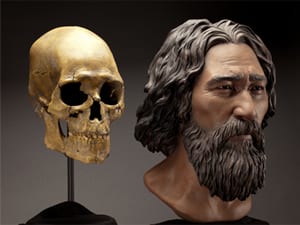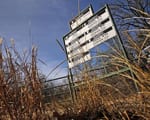Research findings will be presented at the second annual Mission Foods Texas-Mexico Center Symposium to be held in Mexico City April 6, 2018.
The Mission Foods Texas-Mexico Center at SMU has awarded grants to four scholars from both sides of the border who aim to support the Center’s goal of providing policy-relevant, action-oriented research on the dynamic relationship between Texas and Mexico.
Findings from each of the four projects, selected by the Texas-Mexico Center’s Faculty Advisory Board, will be shared this spring, says Luisa del Rosal, executive director of the Center.
“This is a tremendous benefit to Dedman College, where so many faculty members research and teach about Texas and Mexico,” says SMU Dedman College of Humanities and Sciences Dean Thomas DiPiero. “This will help strengthen the social, economic and cultural ties between the two regions.”
The four projects are:
- “Migration, Inequality & Public Policies in Mexico and the United States”
Lead researcher: Colegio de Mexico President Silvia Giorguli, Mexico City- “Are Mexican and U.S. Workers Complements or Substitutes?”
Lead researcher: Raymond Robertson, Helen and Roy Ryu Chair in Economics
& Government, Texas A&M Bush School of Government & Public Service, College Station- “Institutions, Trade and Economic Prosperity: An Examination of the U.S. and Mexican States”
Lead researcher: Dean Stansel, associate professor, O’Neil Center for Global Markets and Freedom, SMU Cox School of Business- “Slowdown in Mexico-U.S. Migration: Why is Texas Different?”
Lead researcher: Colegio Tlaxcala President Alfredo Cuecuecha, Tlaxcala, Mexico
Grant recipient Stansel said his team will focus on the potential economic damage from a possible new regime of trade restrictions in the U.S.
“By examining the interconnected relationships between trade policy, trade volume and economic prosperity in the U.S. and Mexico,” he said, “we hope to provide insights into the importance of maintaining a system of relatively free trade.”
Research findings will be presented at the second annual Mission Foods Texas-Mexico Center Symposium to be held in Mexico City April 6, 2018.
Three dozen applicants applied for the grants, which was “more than we expected for the first year,” says Javier Velez, vice-chair of the Texas-Mexico Center Executive Advisory Board and CEO of Mission Foods’ U.S. headquarters in Dallas.
“It was pleasing for us how much interest there is in effectively promoting and facilitating a better understanding of the relation between Texas and Mexico,” Velez said.
The Mission Foods Texas-Mexico Center at SMU is dedicated to improving relations between Texas and Mexico through dialogue and research. It works to encourage greater cross-border integration and cross-sector collaboration in academia, government, non-governmental organizations and business. The Center strives to enhance a political dialogue to reshape the policies that govern the relationship between Texas and Mexico, focusing on five areas: trade and investment, energy, human capital and education, border issues and migration. — Denise Gee, SMU




 $3.78 million awarded by Department of Defense to SMU STEM project for minority students
$3.78 million awarded by Department of Defense to SMU STEM project for minority students Kennewick Man: genome sequence of 8,500-year-old skeleton solves scientific controversy
Kennewick Man: genome sequence of 8,500-year-old skeleton solves scientific controversy At peak fertility, women who desire to maintain body attractiveness report they eat less
At peak fertility, women who desire to maintain body attractiveness report they eat less SMU seismology team to cooperate with state, federal scientists in study of May 7 Venus, Texas earthquake
SMU seismology team to cooperate with state, federal scientists in study of May 7 Venus, Texas earthquake 1st proton collisions at the world’s largest science experiment expected to start the first or second week of June
1st proton collisions at the world’s largest science experiment expected to start the first or second week of June Most likely cause of 2013-14 earthquakes: Combination of gas field fluid injection, removal
Most likely cause of 2013-14 earthquakes: Combination of gas field fluid injection, removal Physicists tune Large Hadron Collider to find “sweet spot” in high-energy proton smasher
Physicists tune Large Hadron Collider to find “sweet spot” in high-energy proton smasher SMU geothermal scientist Maria Richards to guide global energy organization
SMU geothermal scientist Maria Richards to guide global energy organization